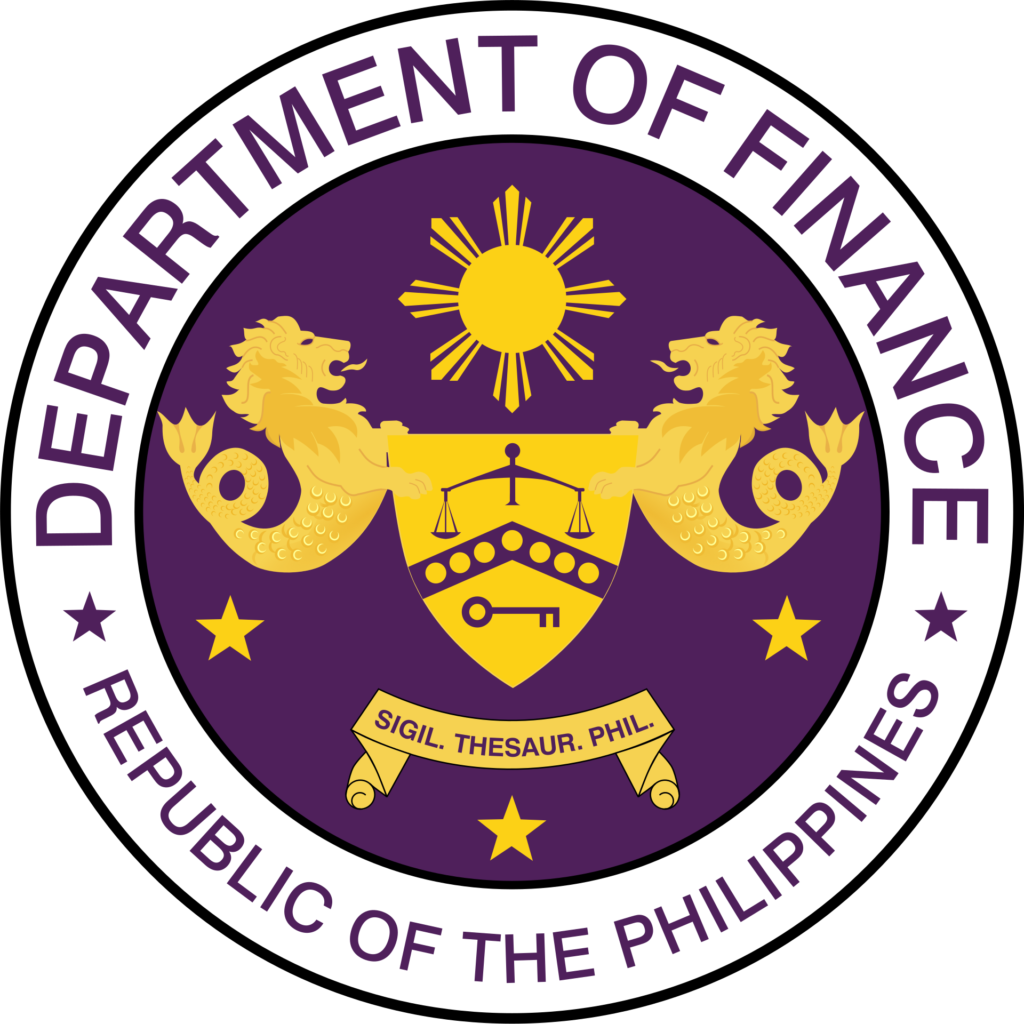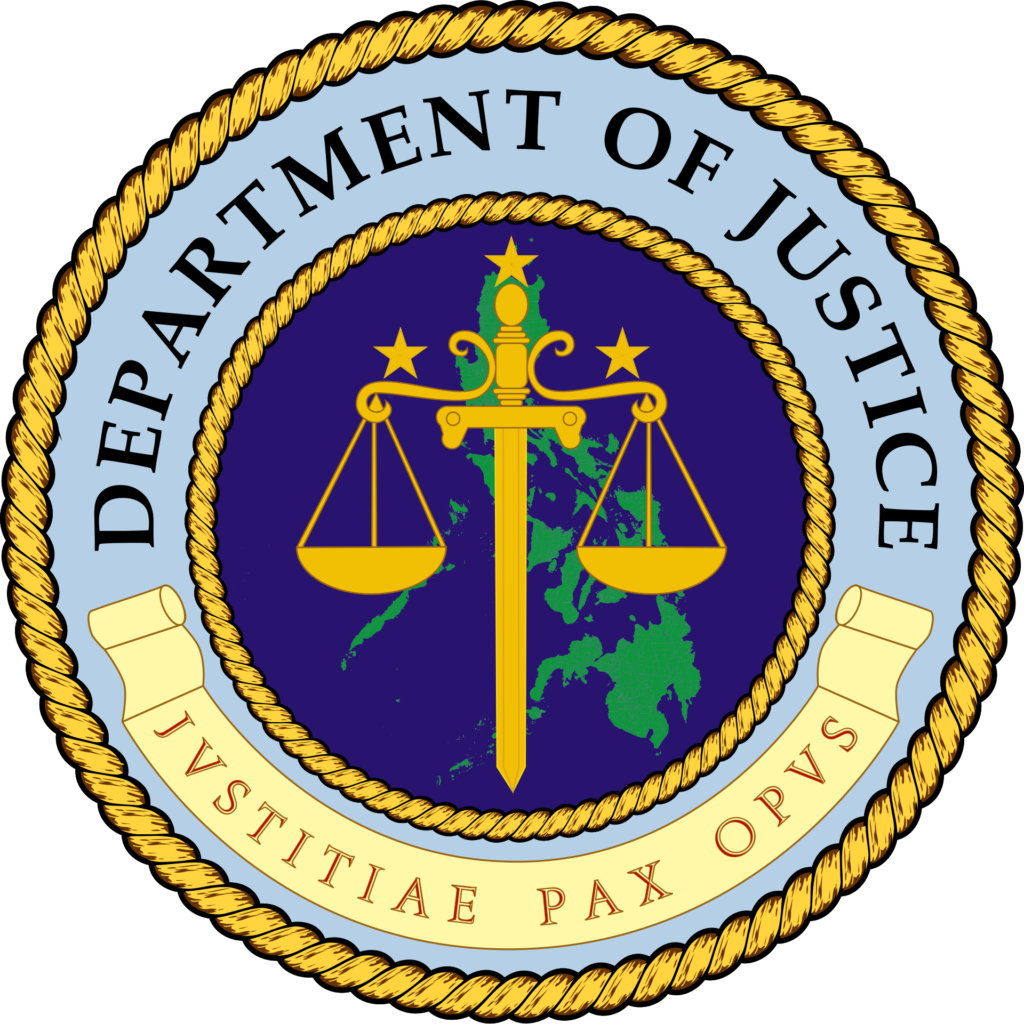The Philippine Department of Finance (DOF) plays a crucial role in the country’s economic stability and growth. It’s the engine room for managing the government’s financial resources, ensuring that public funds are used effectively to support national development. Understanding the DOF’s functions and responsibilities can empower citizens to engage more meaningfully in discussions about fiscal policy and its impact on their lives. This blog post aims to break down the complexities of the DOF in a clear and accessible way, providing valuable insights into how the Philippine government manages its finances. We will delve into its various roles, responsibilities, and the impact it has on the lives of every Filipino.
What is the Department of Finance?
The Department of Finance is the government’s primary fiscal management arm. Think of it as the treasurer and financial planner for the entire nation. Its mandate is broad, encompassing everything from generating revenue through taxation to managing public debt and formulating fiscal policies. The DOF works closely with other government agencies to ensure that financial resources are aligned with national priorities and development goals. It strives to maintain fiscal discipline, promote sustainable economic growth, and ensure the efficient allocation of public funds. The department’s work is essential for providing public services, investing in infrastructure, and supporting social programs that benefit all Filipinos. Ultimately, the DOF’s success in managing the nation’s finances impacts the quality of life for every citizen.
Key Responsibilities of the DOF
The DOF’s responsibilities are multifaceted and critical to the smooth functioning of the Philippine government. These can be broadly categorized into several key areas:
- Revenue Generation: This involves the formulation and implementation of tax policies, the collection of taxes, and the management of other government revenues. This is a crucial aspect as it provides the lifeblood of the government enabling it to fund its various projects and programs.
- Fiscal Policy Formulation: The DOF plays a central role in developing and implementing fiscal policies that promote sustainable economic growth and macroeconomic stability. This includes making decisions on spending, taxation and debt management.
- Debt Management: The DOF manages the government’s debt portfolio, ensuring that borrowing is done prudently and that debt levels remain sustainable. This involves strategic borrowing, debt servicing, and risk management.
- Budget Preparation and Execution: While the Department of Budget and Management (DBM) handles the overall budget, the DOF plays a key role in providing revenue projections and ensuring alignment between fiscal policy and the national budget. This collaboration ensures that the budget is realistic and achievable.
- Financial Market Regulation: The DOF oversees certain aspects of the financial market, contributing to its stability and integrity. This includes supervising certain financial institutions and ensuring compliance with regulations.
How Does the DOF Generate Revenue?
The lifeblood of the Philippine government’s operations comes from the revenue it generates, primarily through taxation. The DOF is at the forefront of this effort. Here’s a breakdown of the major sources of government revenue:
- Taxes: These form the bulk of government revenue and come in various forms:
- Income Tax: Levied on individuals and corporations.
- Value-Added Tax (VAT): A consumption tax imposed on the sale of goods and services.
- Excise Tax: Imposed on specific goods like alcohol, tobacco, and fuel.
- Customs Duties: Collected on imported goods.
- Non-Tax Revenues: These include fees, charges, and income from government-owned or controlled corporations (GOCCs). These sources provide supplemental income to support government operations.
- Borrowings: When necessary, the government borrows money to finance its expenditures, particularly for large infrastructure projects or during times of crisis. This is a critical part of the DOF’s responsibility.
| Revenue Source | Description |
|---|---|
| Income Tax | Taxes levied on the income earned by individuals and corporations within the Philippines. This is a progressive tax system, meaning higher earners pay a higher percentage of their income in taxes. |
| Value-Added Tax (VAT) | A consumption tax imposed on the value added at each stage of production and distribution of goods and services. It’s a broad-based tax that affects almost all transactions. |
| Excise Tax | Taxes imposed on specific goods, often those considered non-essential or harmful, such as alcohol, tobacco, and fuel. These taxes serve both revenue-generating and regulatory purposes. |
| Customs Duties | Taxes levied on goods imported into the Philippines. These duties protect domestic industries and generate revenue for the government. |
| Non-Tax Revenues | Revenues generated from sources other than taxes, such as fees, charges, licenses, and income from government-owned and controlled corporations (GOCCs). These contribute to the overall government revenue stream. |
| Borrowings | Funds raised by the government through the issuance of bonds or other debt instruments. Borrowings are used to finance government expenditures, particularly for large infrastructure projects or during times of economic downturn or crisis. These borrowings must be repaid with interest. |
How Does the DOF Manage Government Spending?
While the Department of Budget and Management (DBM) is primarily responsible for the national budget, the DOF plays a vital role in ensuring that spending aligns with fiscal policy objectives. The DOF’s involvement includes:
- Revenue Projections: The DOF provides crucial revenue projections that inform the budget-making process. Accurate revenue forecasts are essential for ensuring that the budget is realistic and sustainable.
- Fiscal Policy Guidance: The DOF provides guidance on fiscal policy, ensuring that spending decisions are consistent with overall economic goals and priorities. This ensures that spending is aligned with the government’s long-term economic strategy.
- Monitoring Expenditures: The DOF monitors government expenditures to ensure that funds are being used efficiently and effectively. This helps to prevent waste and corruption and ensures that public funds are used for their intended purpose.
The Importance of Fiscal Transparency
Transparency in fiscal management is crucial for accountability and good governance. The DOF recognizes this and has been taking steps to improve transparency in its operations. This includes:
- Publishing Budget Information: The DOF makes budget information publicly available, allowing citizens to scrutinize government spending. This allows citizens to understand how their tax money is being used.
- Disclosing Debt Information: The DOF publishes information on the government’s debt portfolio, promoting transparency in debt management. This promotes responsible borrowing practices and helps to maintain investor confidence.
- Engaging with the Public: The DOF engages with the public through various channels, seeking feedback on fiscal policies and promoting dialogue on important financial issues. This inclusive approach helps to ensure that fiscal policies are responsive to the needs of the people.
The DOF and Economic Development
The DOF’s work is intrinsically linked to the Philippines’ economic development. Sound fiscal management is essential for creating a stable and predictable economic environment, which is conducive to investment and growth. The DOF contributes to economic development by:
- Promoting Fiscal Sustainability: By managing public finances responsibly, the DOF helps to ensure that the government has the resources to invest in critical areas like education, healthcare, and infrastructure. This creates a foundation for long-term economic growth.
- Attracting Investment: A stable and predictable fiscal environment attracts both domestic and foreign investment, which creates jobs and stimulates economic activity. Investor confidence is vital to economic prosperity.
- Supporting Social Programs: The DOF plays a crucial role in funding social programs that address poverty and inequality, contributing to inclusive economic growth. These programs provide a safety net for the most vulnerable members of society.
The Future of the DOF
The DOF faces numerous challenges in the years to come, including the need to adapt to a rapidly changing global economic landscape. Some key priorities for the future include:
- Tax Reform: Continued efforts to improve the tax system, making it more efficient, equitable, and easier to comply with. A modern tax system is essential for generating the revenue needed to support government programs.
- Debt Management: Prudent management of the national debt, ensuring that borrowing remains sustainable and that debt levels do not become excessive. Responsible debt management is crucial for long-term fiscal stability.
- Digitalization: Embracing digital technologies to improve efficiency and transparency in tax collection and financial management. Digitalization can streamline processes and reduce opportunities for corruption.
- Strengthening Public Financial Management: Continuous improvement in public financial management practices, ensuring that public funds are used effectively and efficiently. This includes enhancing transparency and accountability.
Conclusion
The Department of Finance plays a vital, albeit often unseen, role in shaping the economic landscape of the Philippines. From collecting taxes to managing debt and formulating fiscal policies, its work impacts every Filipino. By understanding the DOF’s functions and responsibilities, citizens can become more informed and engaged participants in discussions about the country’s financial future. The DOF’s commitment to fiscal responsibility, transparency, and innovation will be crucial for ensuring the Philippines’ continued economic growth and development.
Disclaimer: While every effort has been made to ensure the accuracy of the information presented in this blog post, it is intended for informational purposes only and should not be considered as professional financial advice.




